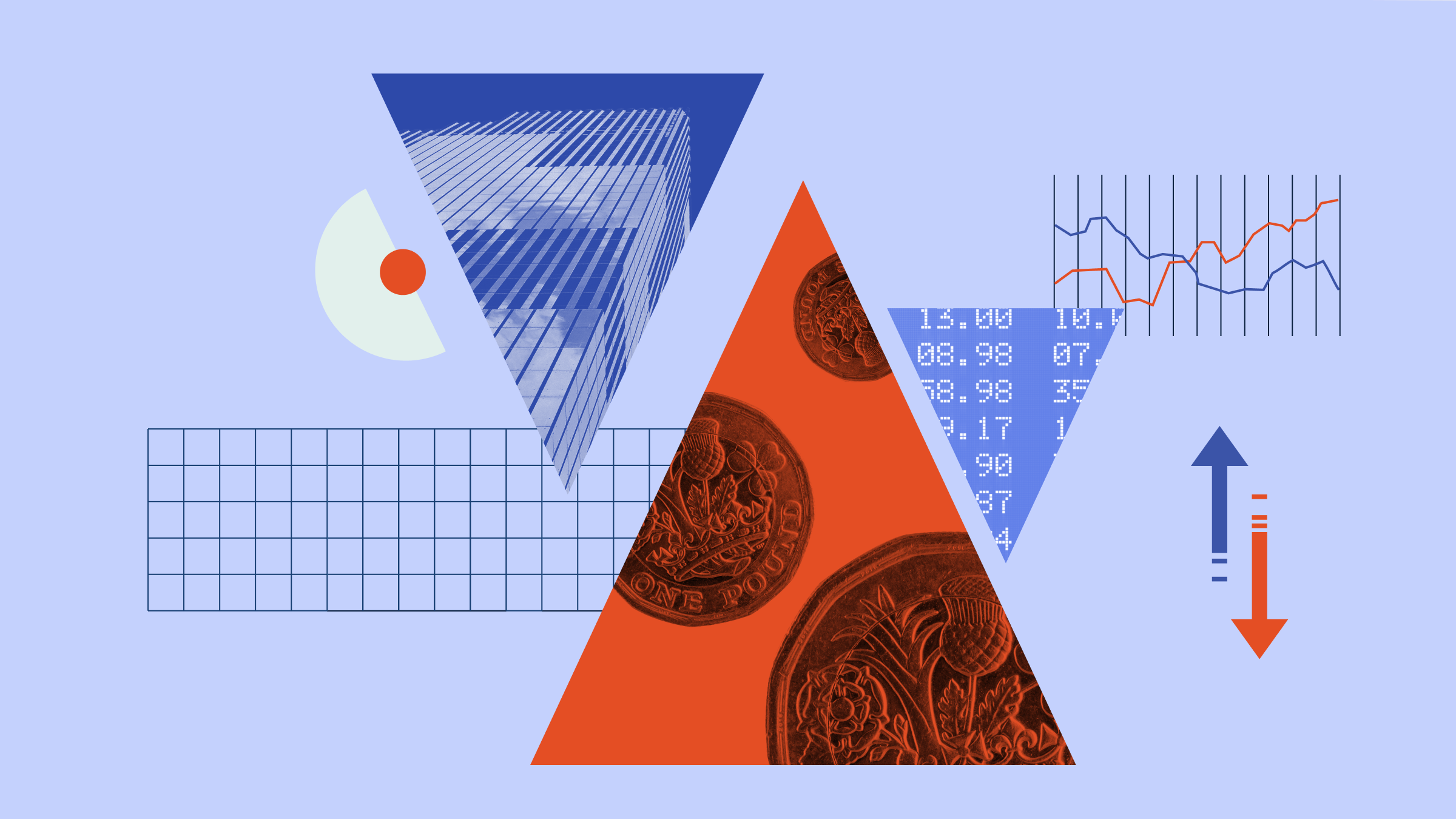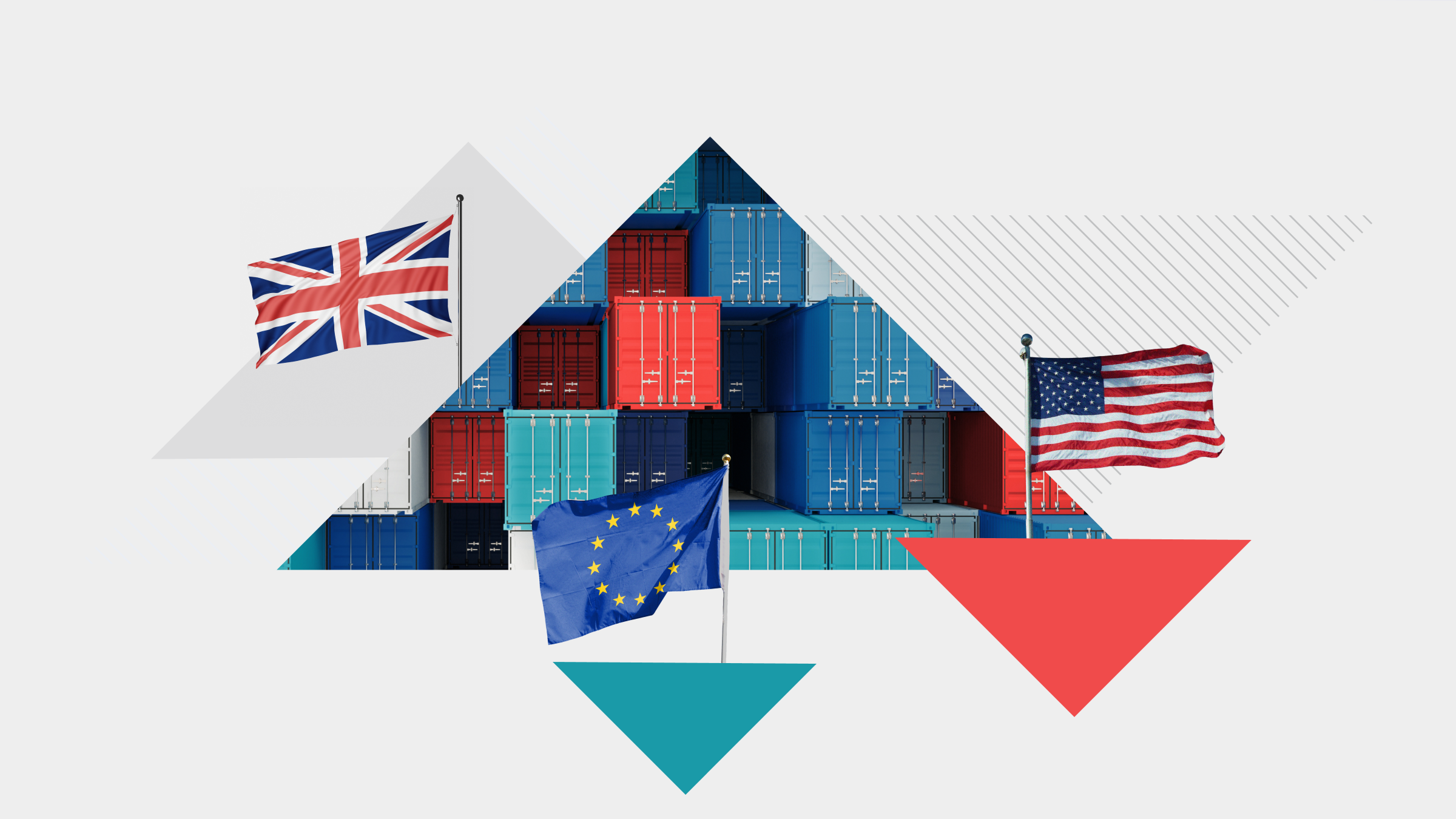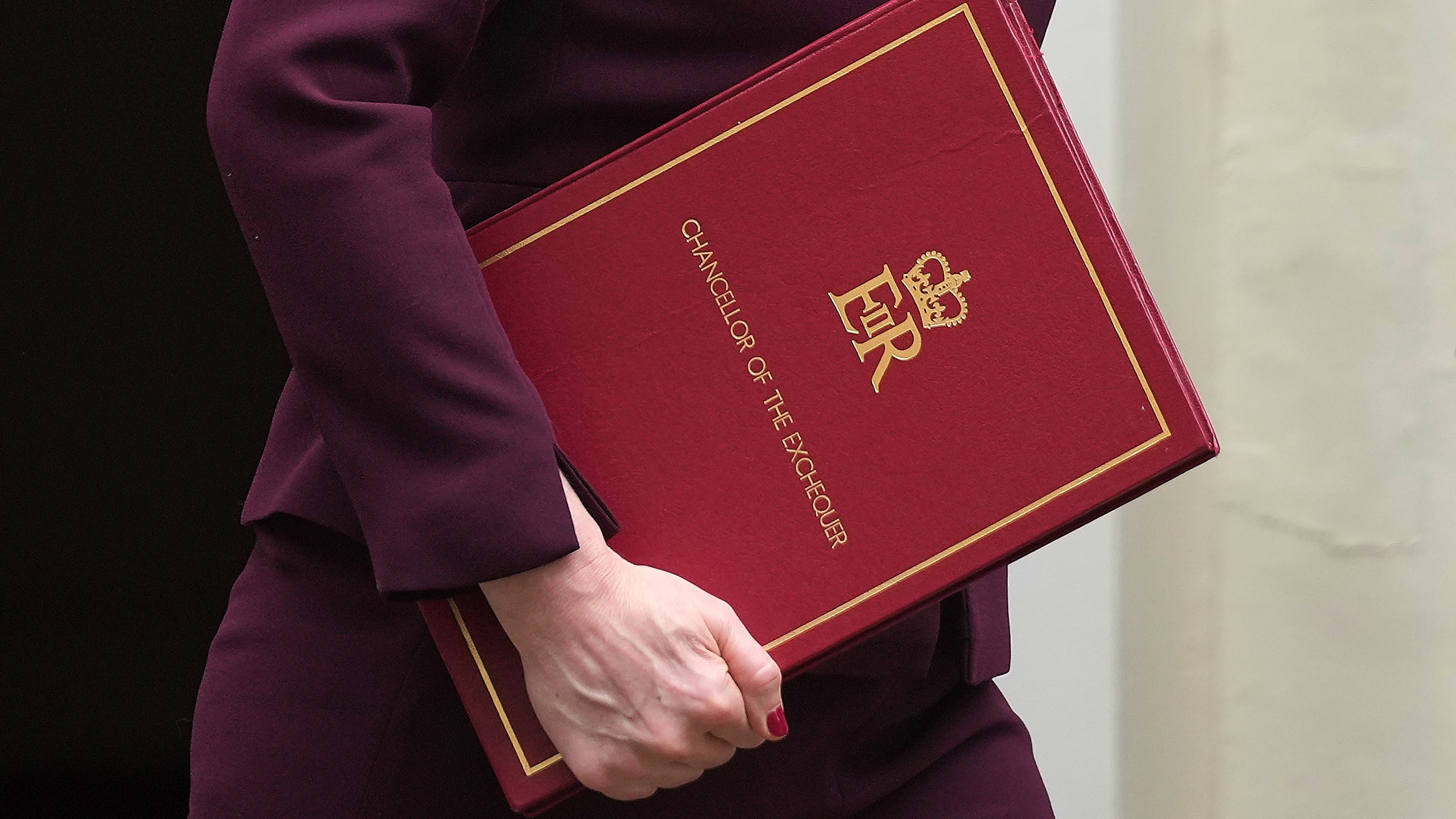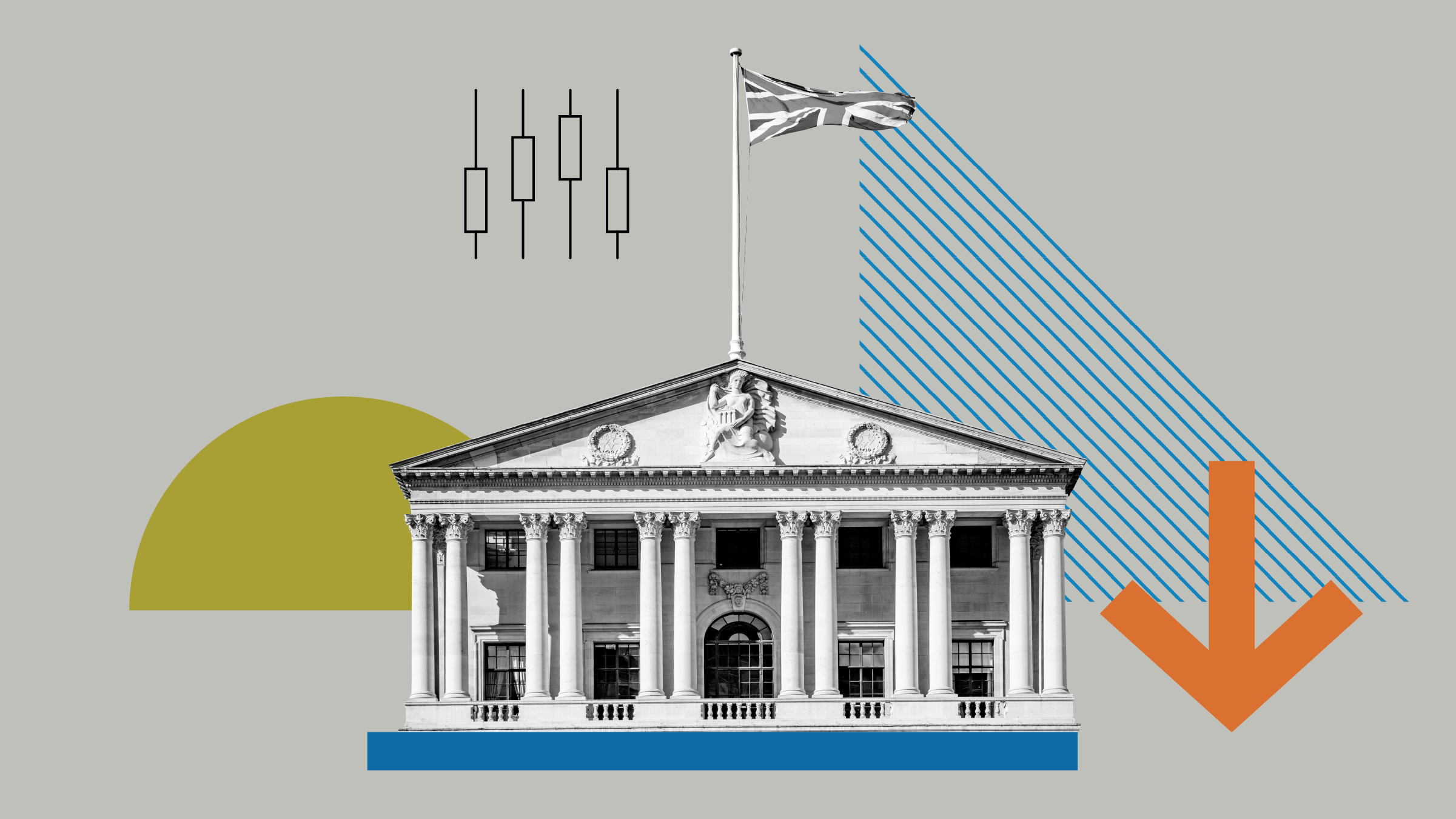Consolidation, regulatory policy and technology themes continue to converge in the telecom industry. Consolidation in particular is occurring in Europe, within countries and across national borders. ![]() Vodafone (VOD) bought Ono, the largest cable operator in Spain, while
Vodafone (VOD) bought Ono, the largest cable operator in Spain, while ![]() Numericable (NUM), the largest cable operator in France, has acquired SFR, the country's second-largest phone company. European Union regulators approved
Numericable (NUM), the largest cable operator in France, has acquired SFR, the country's second-largest phone company. European Union regulators approved ![]() Telefonica Deutschland's (O2D) purchase of
Telefonica Deutschland's (O2D) purchase of ![]() KPN's (KPN) German subsidiary E-Plus, and this deal has now closed. Recently announced deals include
KPN's (KPN) German subsidiary E-Plus, and this deal has now closed. Recently announced deals include ![]() BT Group (BT.A) agreeing to acquire EE (the UK joint venture of
BT Group (BT.A) agreeing to acquire EE (the UK joint venture of ![]() Orange (ORA)and
Orange (ORA)and ![]() Deutsche Telekom (DTE)) and Three UK coming to terms to buy
Deutsche Telekom (DTE)) and Three UK coming to terms to buy ![]() Telefonica's (TEF) UK operations. One potential damper on the European merger and acquisition front comes from Margrethe Vestager, Europe's new antitrust chief. We had expected the new European Commission official to be more lenient towards mergers, but on March 8 Vestager spoke in favour of low prices and against mergers, which we think puts some of the proposed deals at greater jeopardy.
Telefonica's (TEF) UK operations. One potential damper on the European merger and acquisition front comes from Margrethe Vestager, Europe's new antitrust chief. We had expected the new European Commission official to be more lenient towards mergers, but on March 8 Vestager spoke in favour of low prices and against mergers, which we think puts some of the proposed deals at greater jeopardy.
One of the drivers of European M&A is the movement to converged services of fixed-line telecom, broadband and pay television with wireless telephony. We believe convergence will be a major theme going forward and will enable the lead operators to increase margins and free cash flow. In anticipation of these expected improvements, we've increased our moat trend—our measure of a company’s sustainable competitive advantage—for Telefonica to positive and for Orange and Numericable-SFR to stable from negative.
In general, however, we anticipate global mergers and acquisitions across the telecom industry to continue, which is reflected in higher stock prices in many cases. There are still pockets of value across the global telecom space, but most come with baggage in the form of lagging sales growth, higher legacy costs or poor macroeconomic conditions, so we encourage investors to be highly selective.






























